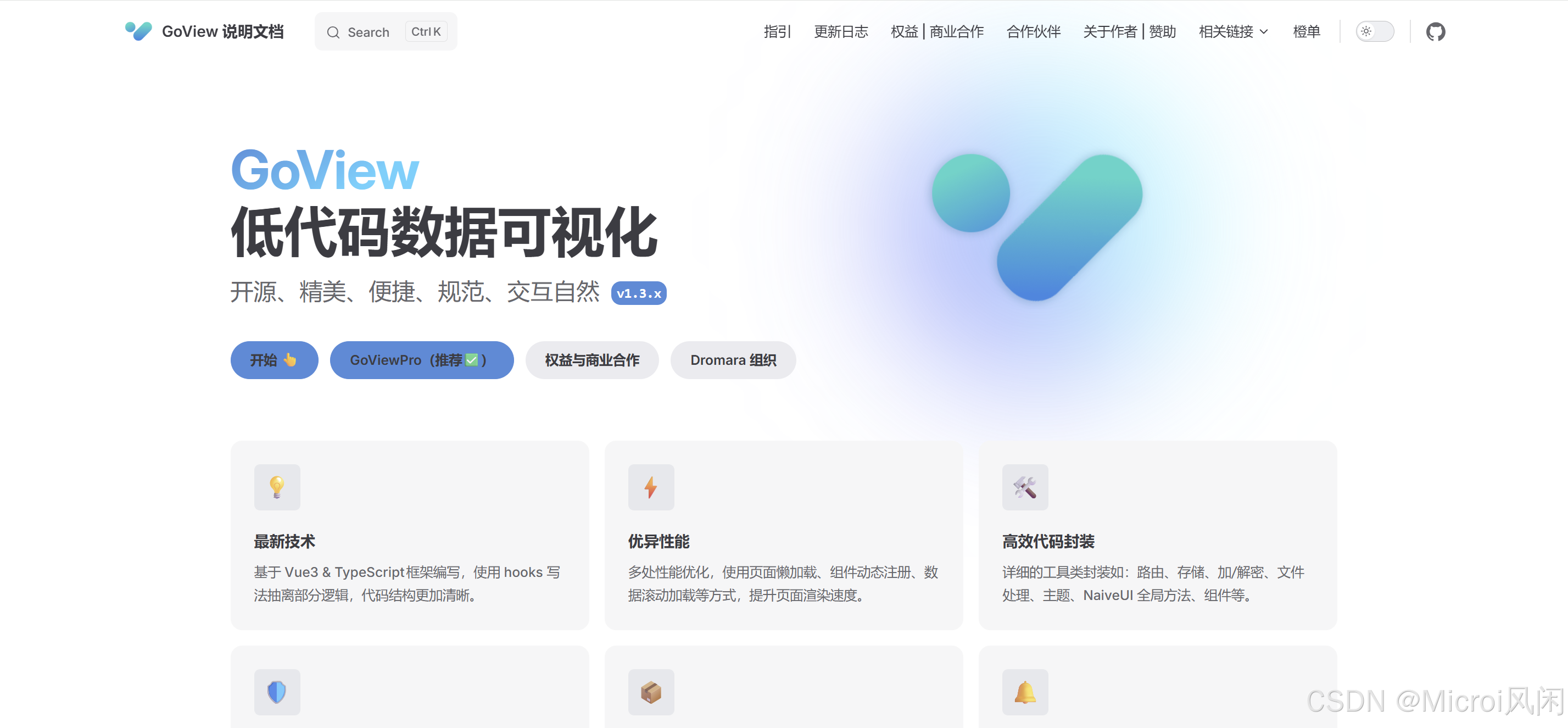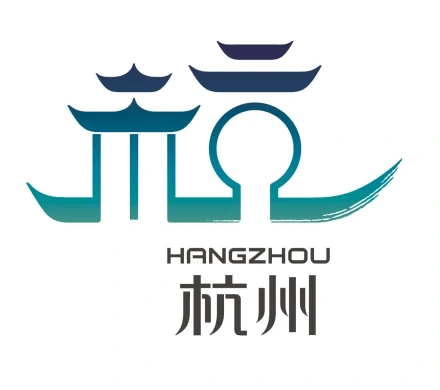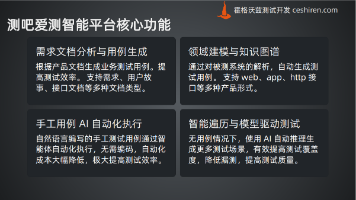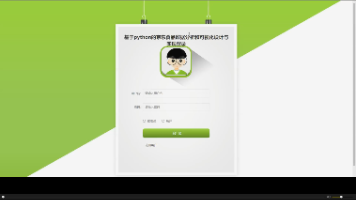.NET/JAVA集成GoView低代码可视化大屏完整案例详解【.NET篇】
GoView 是一个高效的拖拽式低代码数据可视化开发平台,将图表或页面元素封装为基础组件,无需编写代码即可制作数据大屏,减少心智负担。当然低代码也不是 “银弹”,希望所有人员都能理智看待此技术。
文章目录

一、GoView简介
GoView 是一款基于 Vue3.x 构建的低代码数据可视化开发平台,它允许开发者通过简单的配置快速构建各种数据可视化大屏。
-
纯前端 Demo 地址:https://vue.mtruning.club/
-
带后端 Demo 地址:https://demo.mtruning.club/
-
GoView 源码地址:https://gitee.com/MTrun/go-view
-
JAVA https://gitee.com/MTrun/go-view-serve (当前使用)
GoView 具有以下特点:
- 低代码开发:通过拖拽组件和配置属性即可完成大屏开发
- 丰富的组件库:内置多种图表、地图、表格等常用组件
- 响应式设计:适配不同屏幕尺寸
- 数据驱动:支持动态数据绑定和实时更新
- 主题定制:可自定义主题颜色和样式
GoView 特别适合企业级数据可视化需求,如运营监控大屏、数据分析看板、指挥中心大屏等场景。
二、.NET集成GoView方案
在 .NET 项目中集成 GoView 通常有两种方式:
- 前后端分离:.NET作为后端API服务,GoView作为独立前端项目
- 嵌入式集成:将GoView打包后嵌入到.NET MVC或Razor Pages中
本文将重点介绍第二种方式,实现GoView与.NET的无缝集成。
三、集成步骤详解
1. 环境准备
.NET 6+开发环境Node.js环境(用于构建GoView前端)- GoView源码(可从GitHub获取)
2. 获取并构建GoView
# 克隆GoView仓库
git clone https://gitee.com/dromara/go-view.git
# 进入项目目录
cd go-view
# 安装依赖
npm install
# 构建生产版本
npm run build
构建完成后,会在项目目录下生成dist文件夹,包含所有静态资源。
3. 创建.NET项目
dotnet new webapp -n GoViewDemo
cd GoViewDemo
- 集成GoView静态资源
将GoView的dist文件夹内容复制到.NET项目的wwwroot目录下:
wwwroot/
├─ css/
├─ js/
├─ img/
├─ favicon.ico
└─ index.html
5. 修改.NET路由配置
在 Program.cs 中添加静态文件服务和重定向:
var builder = WebApplication.CreateBuilder(args);
// Add services to the container.
builder.Services.AddRazorPages();
var app = builder.Build();
// Configure the HTTP request pipeline.
if (!app.Environment.IsDevelopment())
{
app.UseExceptionHandler("/Error");
app.UseHsts();
}
app.UseHttpsRedirection();
app.UseStaticFiles();
app.UseRouting();
app.UseAuthorization();
// 添加GoView路由
app.MapGet("/", () => Results.Redirect("/index.html"));
app.MapRazorPages();
app.Run();
6. 配置API接口
在.NET中创建API控制器用于提供GoView所需数据:
// Controllers/GoViewController.cs
using Microsoft.AspNetCore.Mvc;
namespace GoViewDemo.Controllers;
[ApiController]
[Route("api/[controller]")]
public class GoViewController : ControllerBase
{
[HttpGet("chartData")]
public IActionResult GetChartData()
{
var data = new
{
categories = new[] { "周一", "周二", "周三", "周四", "周五", "周六", "周日" },
series = new[]
{
new { name = "邮件营销", data = new[] { 120, 132, 101, 134, 90, 230, 210 } },
new { name = "联盟广告", data = new[] { 220, 182, 191, 234, 290, 330, 310 } }
}
};
return Ok(data);
}
}
7. 修改GoView配置
编辑 wwwroot/js/app.*.js 文件,修改API请求地址:
axios.defaults.baseURL = '/api';
8. 运行项目
bash
dotnet run
访问 https://localhost:5001 即可看到集成的GoView大屏。
四、进阶集成方案
1. 身份验证集成
在.NET中添加JWT认证,并在GoView中配置请求拦截器:
// Program.cs
builder.Services.AddAuthentication(JwtBearerDefaults.AuthenticationScheme)
.AddJwtBearer(options =>
{
options.TokenValidationParameters = new TokenValidationParameters
{
ValidateIssuer = true,
ValidateAudience = true,
ValidateLifetime = true,
ValidateIssuerSigningKey = true,
ValidIssuer = builder.Configuration["Jwt:Issuer"],
ValidAudience = builder.Configuration["Jwt:Audience"],
IssuerSigningKey = new SymmetricSecurityKey(
Encoding.UTF8.GetBytes(builder.Configuration["Jwt:Key"]))
};
});
在GoView中添加请求拦截器:
// 在main.js或axios配置文件中
axios.interceptors.request.use(config => {
const token = localStorage.getItem('token');
if (token) {
config.headers.Authorization = `Bearer ${token}`;
}
return config;
}, error => {
return Promise.reject(error);
});
2. 动态主题切换
在.NET中创建主题API:
[HttpGet("themes")]
public IActionResult GetThemes()
{
var themes = new[]
{
new { id = "default", name = "默认主题" },
new { id = "dark", name = "暗黑主题" },
new { id = "light", name = "明亮主题" }
};
return Ok(themes);
}
[HttpPost("setTheme/{themeId}")]
public IActionResult SetTheme(string themeId)
{
// 这里可以实现主题切换逻辑
return Ok(new { message = $"主题已切换为{themeId}" });
}
在GoView中添加主题切换组件并调用API。
3. 数据缓存优化
使用.NET的 MemoryCache 优化数据查询:
[HttpGet("cachedData")]
public async Task<IActionResult> GetCachedData([FromServices] IMemoryCache cache)
{
const string cacheKey = "chart_data";
if (!cache.TryGetValue(cacheKey, out var data))
{
// 模拟从数据库获取数据
data = await FetchDataFromDatabase();
// 设置缓存选项
var cacheOptions = new MemoryCacheEntryOptions()
.SetSlidingExpiration(TimeSpan.FromMinutes(5));
cache.Set(cacheKey, data, cacheOptions);
}
return Ok(data);
}
五、常见问题解决
1.跨域问题:
在开发环境中配置CORS:
builder.Services.AddCors(options =>
{
options.AddPolicy("AllowAll", builder =>
{
builder.AllowAnyOrigin()
.AllowAnyMethod()
.AllowAnyHeader();
});
});
app.UseCors("AllowAll");
2. 静态文件404错误:
- 确保
UseStaticFiles在中间件管道中的正确位置 - 检查文件路径和大小写是否正确
3. API请求路径问题:
- 确保
GoView中配置的API路径与.NET路由匹配 - 使用相对路径而不是绝对路径
4. 性能优化:
启用响应压缩
builder.Services.AddResponseCompression(options =>
{
options.EnableForHttps = true;
});
app.UseResponseCompression();
六、总结
通过本文的介绍,我们了解了如何在.NET项目中完整集成GoView数据可视化平台。这种集成方式既保留了GoView强大的可视化能力,又可以利用.NET的稳定性和安全性构建企业级应用。关键点包括:
- 正确构建和部署GoView静态资源
- 合理设计API接口满足数据需求
- 处理身份验证和安全问题
- 优化性能和用户体验
这种集成方案特别适合需要将数据可视化功能嵌入到现有.NET应用中的场景,如企业内部管理系统、数据监控平台等。开发者可以根据实际需求进一步扩展和定制,构建更加强大和个性化的数据可视化解决方案。
更多推荐
 已为社区贡献3条内容
已为社区贡献3条内容








所有评论(0)